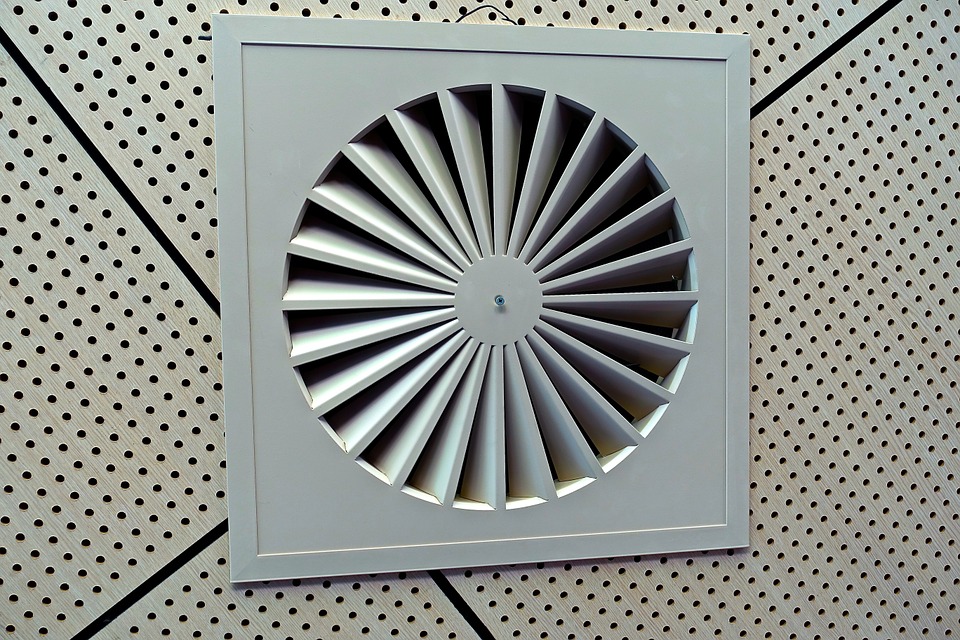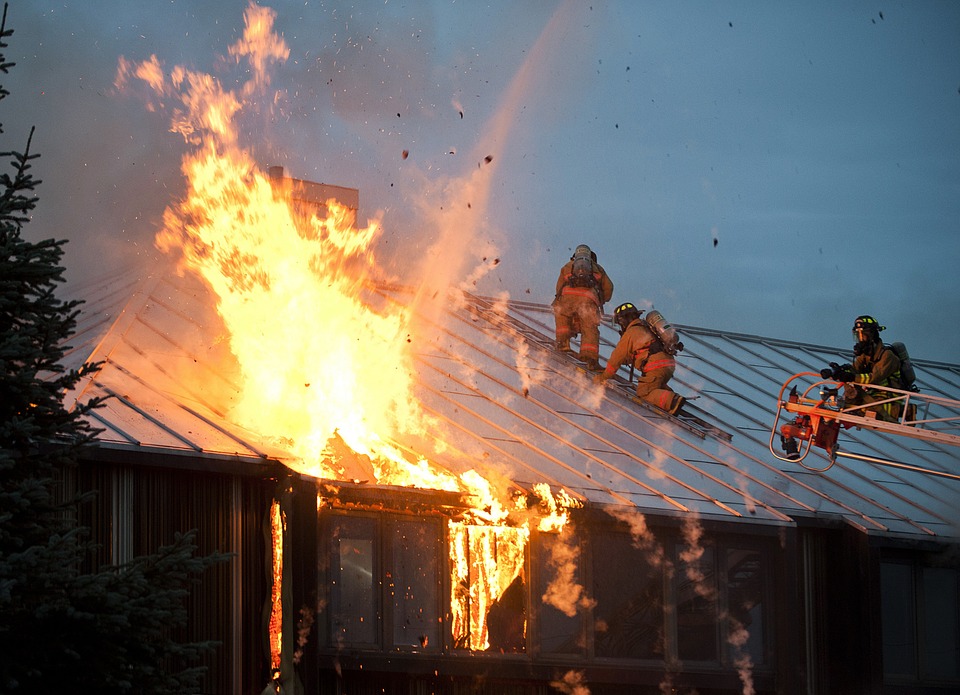Tenancy Agreements are drafted for a particular reason, to protect both Landlords and Tenants. The terms and conditions included in this kind of agreement are important and should be complied with at all times – as much as possible.
Of course, there are times and instances when one of the signed parties may have the need to go against the agreement. For example, what if the tenant decides to vacate the property before the indicated end of the contract? For a landlord like yourself, you could be wondering about what you should do and what your rights are.
Leaving During Tenancy
To answer the question above, the answer is yes. Your tenant can end the tenancy agreement early, but only if you agree. If there is a clear agreement between you and your tenant to terminate the contract earlier than the agreed date, then everything is legal and binding. This is what is called Surrendering Tenancy.
Your tenant can surrender their tenancy in two ways. The first one is by giving up their property occupation and by you accepting this. The tenant then hands over the keys to the property to you after you accepted that the tenancy is over and you once again have possession of the property.
The second means of surrendering tenancy is the legal way of declaring surrender. This happens when your tenant signs a written document called the Surrender of Tenancy Letter. This document proves that your tenant has voluntarily given up their possession of your property back to you.
It is important that you understand that your tenant cannot terminate the agreement unless you agree to it. If your tenant refuses to stay in the property and pushes with the termination of the agreement, you have every right to expect them to pay you for the rent that they should pay for the whole length of the contract. It is your tenant’s obligation to fulfil what is agreed on the fixed term agreement.
As a landlord, here are some of your options:
- You can continue enforcing payments from your tenant since they are liable until such a time that the tenancy gets terminated legally
- Your tenant can provide you with a new tenant, but you do not have to accept the new tenant if you do not deem them to be acceptable
- You may allow the termination of the tenancy based on financial settlement – like if your tenant offers an acceptable compensation fee
- You can also oblige your tenant to pay for the costs that would incur for finding new tenants – agency fees, advertising, and such
Or,
- you can simply let the tenant terminate the agreement
In case your tenant informs you that they want to end their tenancy before the and date of the agreement, it is your right to demand an explanation. Then you and your tenant should discuss the possible settlements. Everything will be legally settled if you and your tenant can come to a mutual agreement that will benefit you both.




